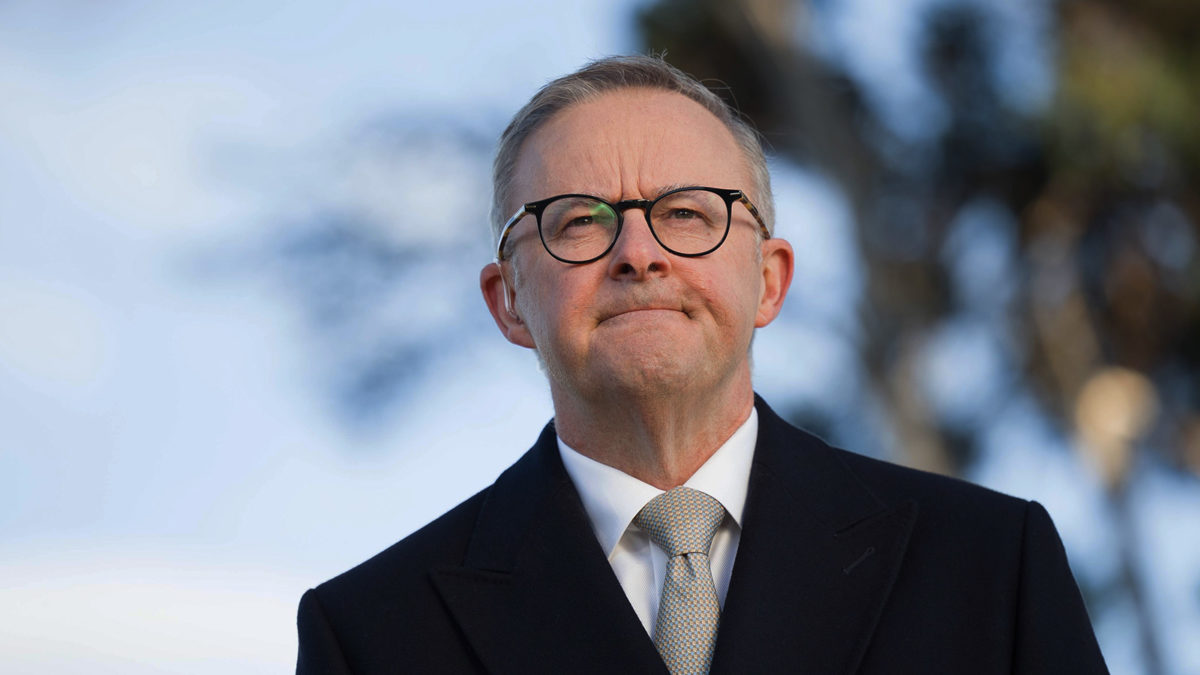Super wars return, with new battles
It was premature of this publication to declare, back in May, that the “super wars are almost certainly over.” Parliament has returned, and so has the fighting over superannuation. This is the case with most conflicts, ideological or otherwise, after one side ‘wins’; the hired guns move on to the next buck, but real partisans on both sides find it difficult to let go.
As has been noted in this publication before, the Your Future Your Super (YFYS) reforms were a wedge issue that effectively forced Labor to defend well paid managers of other people’s money. Regardless of whether it was bad policy – and it was terrible policy – the optics of trying to wind it back were so bad that Labor tucked it away in a tiny corner of their election platform, speaking only to the industry about it.
The expansion of the test to choice products has now been frozen, and Labor is scrutinising other parts of the reforms too. It’s accepted that getting rid of the performance test completely would be a dumb move, and it’s unlikely that super funds will no longer be judged on their ability to meet or beat the benchmark. But given the vast number of ‘unintended’ consequences that have come to the surface in the last two years, checking whether the reforms are actually working is a good move.
The Liberal Party is, predictably, up in arms. To see even minor alterations made to one of the few policies from the legislatively barren Morrison years chafes – badly. Labor will no doubt have a fight on its hands.
It’s unfortunate, then, that they’re not just sticking to these sensible reforms.
Labor has also chosen to pursue 15 per cent super for reasons unknown to this publication or anybody with a functioning cerebral cortex. The Albanese Government has no mandate to increase the SG beyond its legislated endpoint when the Retirement Income Review found that 10 per cent was just fine – that even 12 per cent was a bit of a stretch. That super fund executives are not lining up to say enough is enough presents a clear conflict of interest, given they stand to benefit from the new rivers of gold that will flow their way.
And some of the other proposed reforms now being rolled out don’t pass the proverbial pub test, irritating as the use of that ‘test’ is. Freeing super funds from the miniscule legislative burden of providing itemised disclosures of marketing expenditures and political donations to members stinks, and the Opposition knows it. And as the AFR’s venerable Chanticleer column has already pointed out, the costs associated with making these disclosures are not vast.
A new figure in the fracas is Stuart Robert, shadow assistant treasurer, filling the Jane Hume-shaped hole in the super wars. Robert last week wrote to crossbenchers asking them to vote against the potential overhaul of the above disclosure regime, and has accused Labor of “hiding how much of (members’) money super fund directors spend on sponsorships, union gifts and corporate boxes”
He’s also been in the media questioning the active investment bona fides of super funds, suggesting that members would be better off in pure passive strategies. It’s hard to poke holes in that argument, though it is the case that where passive strategies are available – public markets – members are mostly already in them, and the areas where they aren’t – private markets – are those that have driven performance this year. It remains to be seen whether Robert will prove as effective a super soldier as his predecessors.
But for Labor, it’s important to keep Australia’s biggest allocators onside, especially when they’re happy to backstop one of the most important parts of its political agenda: nation-building. Cash-poor, idea-rich, the Albanese Government is ready to splurge other people’s money on infrastructure (always with the caveat that the investment case stacks up). There’s a real lack of green energy infrastructure around Australia and big super is champing at the bit to build it.
To have a productive debate on superannuation, both sides must get rid of the ideological chip on their shoulders. The Liberals must stop acting as though every industry fund contains a secretive cadre of True Believers, ready to leap into action as Labor’s fifth column at a moment’s notice; Labor must stop acting as though superannuation is the answer to all of life’s – and the economy’s – problems. But it’s not for no reason that the super wars are one of Australia’s longest-running politico-economic conflicts. Get ready for three more years of super scraps.











